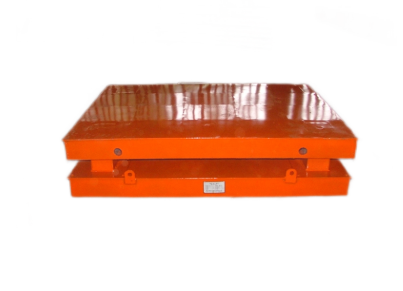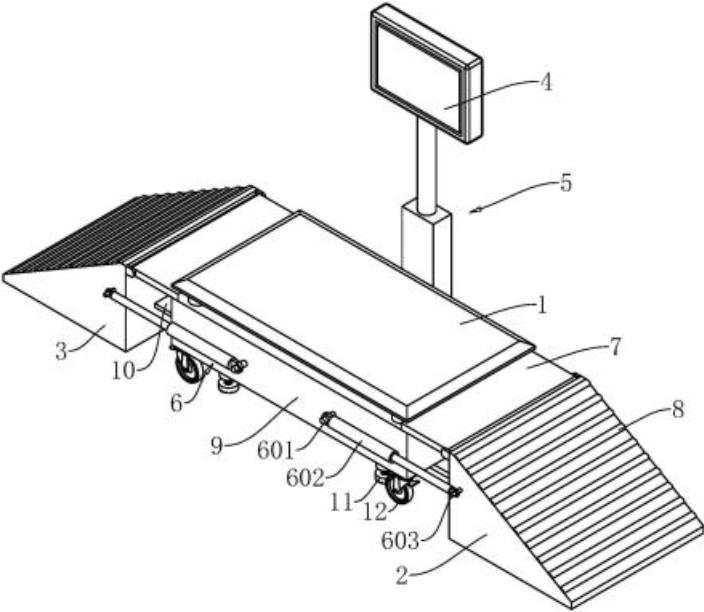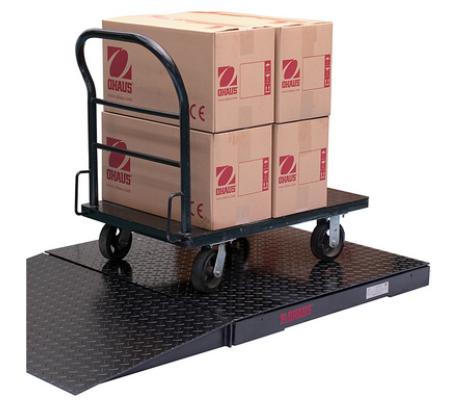Buffer Scales: A Versatile Solution for Industrial Weighing Needs
An industrial platform scale BINCEN provided is a large, flat, and sturdy weighing device used for measuring the weight of palletized goods, boxes, machinery, and other hefty objects. Buffer scale is one of the popular product options. It has become an indispensable tool in modern industrial settings, offering a reliable and efficient solution for weighing applications that involve heavy loads and dynamic conditions. These specialized scales are designed to withstand impact forces, ensuring accurate measurements and protecting the weighing system from damage. Bincen lists the specific applications of double-layer buffer scales across various industries, highlighting their unique advantages in terms of durability, accuracy, and ease of use. Additionally, we will provide a step-by-step guide on how to verify the correct installation of these scales, ensuring optimal performance and longevity.
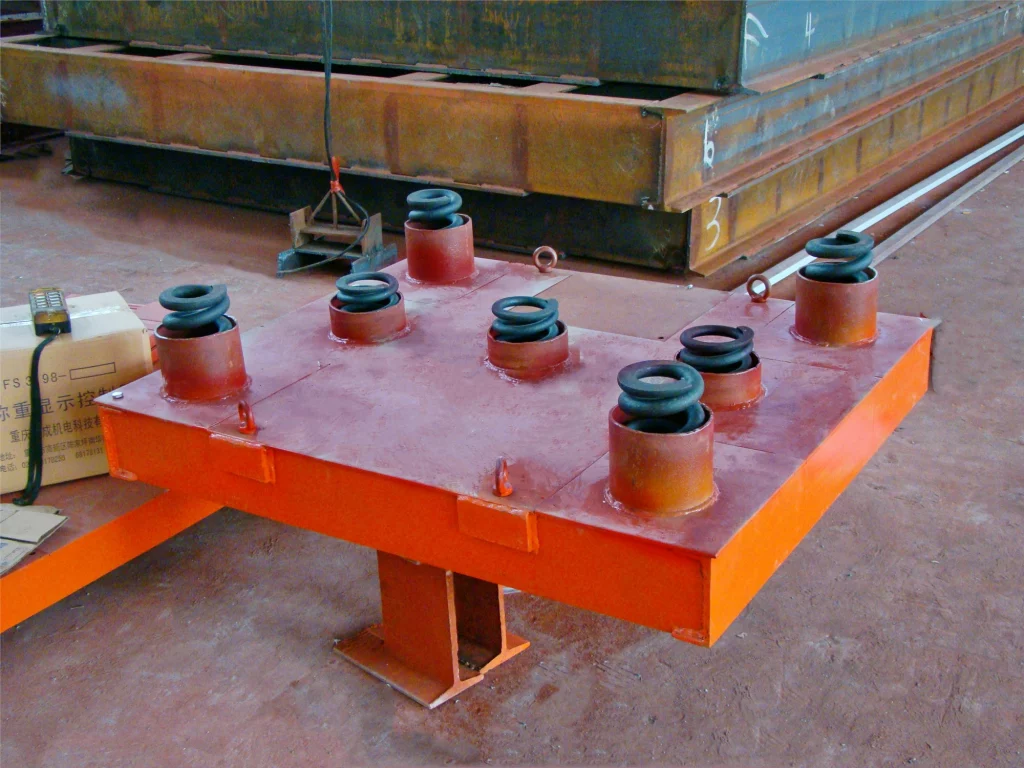
Specific Applications of Buffer Scales in Various Industries
Double-layer buffer scales find extensive use in various industries due to their ability to accurately measure weight and effectively absorb shock forces during weighing operations, especially when handling heavy loads with lifting equipment.
- Metallurgy and Casting: In the metallurgy and casting industry, double-layer buffer scales are crucial for precisely measuring the weight of heavy machinery and products, ensuring accurate control over both weight and impact force. These scales are essential for quality control, process optimization, and safety in applications such as molten metal pouring, ingot weighing, and equipment calibration.
- Construction Materials: Within the construction materials industry, these scales are used for the accurate weighing of bulk materials like cement, sand, and gravel. The scales’ ability to withstand high-impact loads is particularly beneficial in environments where materials are frequently dumped or dropped onto the scale platform. This ensures precise batching and mixing, leading to improved product quality and consistency.
- Warehousing and Logistics: Double-layer buffer scales play a vital role in warehousing and logistics operations by providing accurate weight measurements of goods during shipping, receiving, and inventory management. The shock-absorbing capabilities of these scales protect the weighing system from damage caused by unevenly loaded pallets or forklift impacts, ensuring reliable and consistent weighing results.
- Inland Ports: Inland ports rely on double-layer buffer scales to accurately weigh bulk materials such as coal, ore, and aggregates. The scales help in optimizing cargo loading, preventing overloading, and ensuring compliance with transportation regulations. The shock-absorbing design protects the scale from the impact of heavy loads being dumped from conveyors or cranes.
- Paper Mills: Paper mills utilize double-layer buffer scales for precise measurement of raw materials like wood pulp and finished products. The scales’ accuracy and durability are essential for maintaining consistent product quality and optimizing production processes.
- Heavy Equipment Manufacturing: In the heavy equipment manufacturing industry, double-layer buffer scales are employed to accurately weigh components and assemble equipment. These scales are crucial for quality control, load testing, and ensuring that equipment meets design specifications.
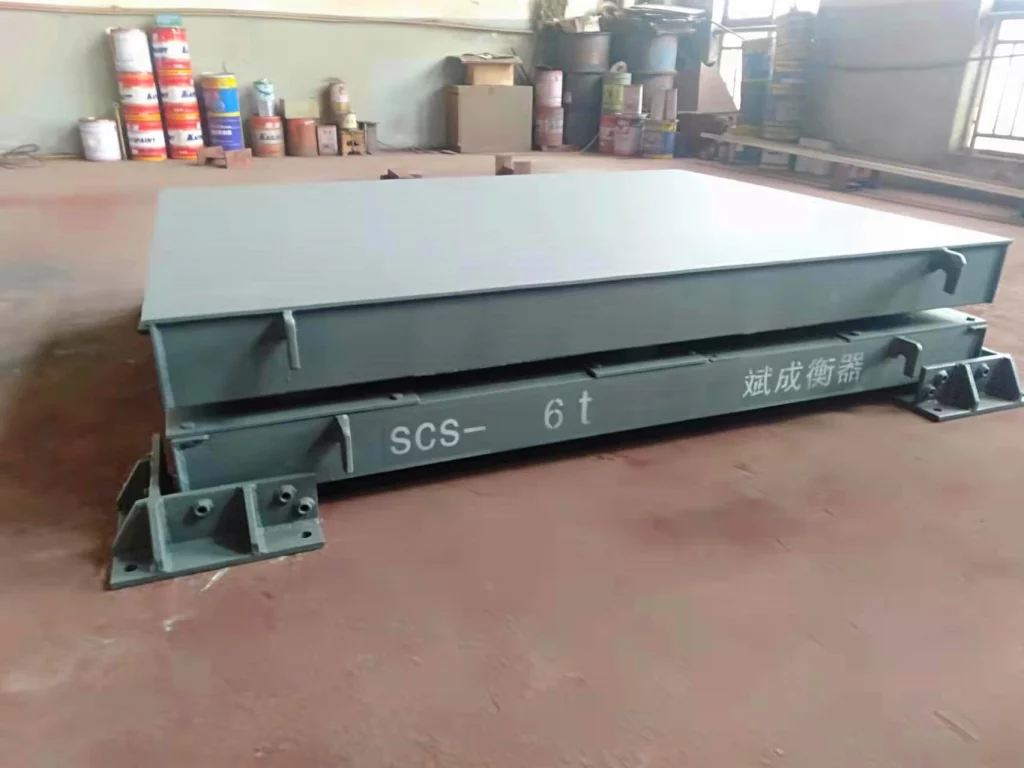
Advantages of Buffer scales in Industrial Environments
Double-layer buffer scales offer several significant advantages in industrial settings, making them a preferred choice for weighing applications involving heavy loads and dynamic conditions.
- Superior Shock Resistance: The double-layer design effectively absorbs impact energy during loading, safeguarding both the scale body and the sensitive load cells. This feature is crucial in environments where items are frequently dropped or lifted onto the scale, reducing the risk of damage and ensuring accurate measurements.
- Exceptional Fatigue Resistance: Engineered to withstand prolonged cycles of repeated weighing, these scales exhibit minimal performance degradation due to fatigue. This durability is essential for applications requiring continuous operation, such as in production lines and material handling facilities.
- High Accuracy: Equipped with high-precision load cells and intelligent weighing display units, double-layer buffer scales deliver exceptionally accurate measurement results. This accuracy is critical for quality control, inventory management, and compliance with industry standards.
- Reliable and Stable Performance: The robust construction and choice of materials ensure that these scales operate reliably and consistently, even in harsh industrial environments. Factors like temperature fluctuations, vibration, and exposure to contaminants have minimal impact on the scale’s performance.
- User-Friendly Operation: The intuitive user interface facilitates easy operation and data retrieval. This feature enhances productivity and reduces the likelihood of operator errors.
- Easy Maintenance: The simple and modular design of double-layer buffer scales simplifies routine maintenance and troubleshooting. This minimizes downtime and reduces maintenance costs.
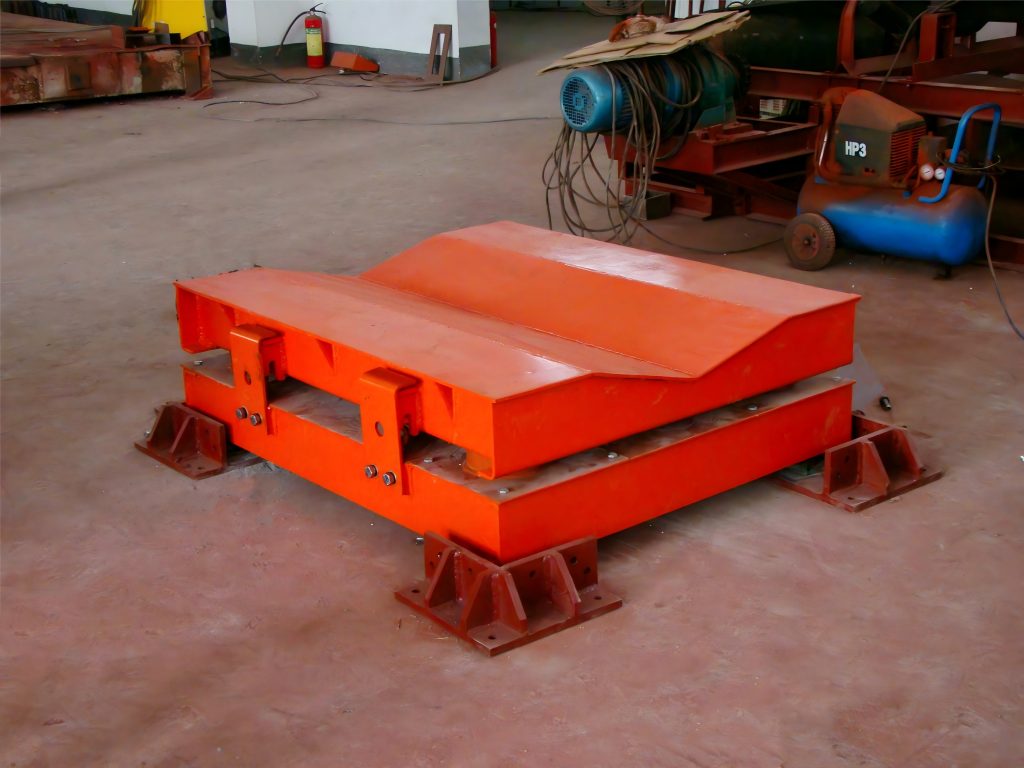
How to Verify the Correct Installation of a Buffer Scale
To ensure the correct installation of a double-layer buffer scale, follow these steps:
1. Inspect the Installation Foundation
- Verify that the installation area is level, solid, and free of debris.
- Ensure that the foundation’s strength and stability meet the required specifications.
- A stable foundation is crucial for accurate weighing and to prevent the scale from shifting or vibrating during operation.
2. Check Levelness
- Use a level to verify that the scale body is perfectly horizontal.
- All four corners should be firmly seated without any rocking or binding.
- A level scale ensures accurate weight measurements and prevents premature wear and tear on the load cells.
3. Inspect Sensor Installation
- Confirm that the load cells are installed correctly and securely.
- Verify that the unloading clearance and limit gaps are appropriate.
- Adjust these clearances as necessary to ensure optimal performance and prevent damage to the load cells.
4. Verify Wiring
- Inspect all electrical connections to ensure they are tight and secure.
- Check for any damage to the signal cables.
- Correct wiring is essential for accurate data transmission and to prevent electrical hazards.
5. Conduct Functional Tests
- Perform both no-load and full-load tests.
- Evaluate the scale’s response time, stability of readings, and repeatability.
- These tests help to identify any issues with the scale’s performance and ensure it meets the required specifications.
6. Calibration
- Calibrate the scale using certified weights to ensure that it meets the specified accuracy requirements.
- Regular calibration is essential to maintain the scale’s accuracy over time and comply with industry standards.
7. Safety Inspection
- Verify that all safety devices, such as overload protection and emergency stop buttons, are correctly installed and function properly.
- Safety is paramount, and these devices help to prevent accidents and protect personnel.
8. User Training
- Provide comprehensive training to operators on the correct use, maintenance, and care of the scale.
- Well-trained operators can maximize the scale’s lifespan and ensure accurate measurements.
If you choose a responsible and reliable buffer scale manufacturer, such as Bincen, your entire installation process will be much easier. All of Bincen’s products try to choose modular components and pre-integrated systems to make installation simple, which saves customers installation costs and time. Bincen will also provide you with full support throughout the installation process, providing detailed video tutorials and remote assistance.
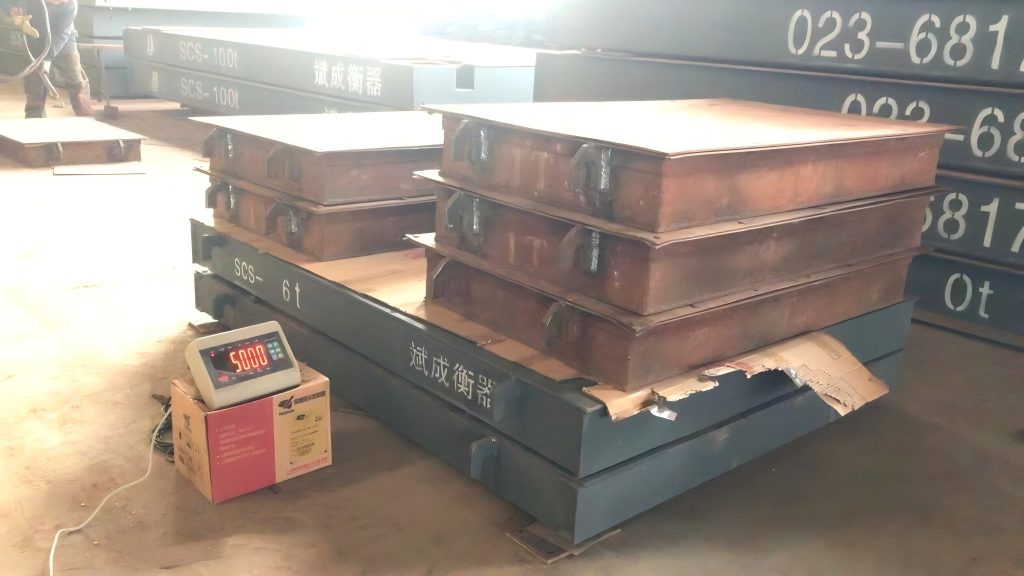
Enhancing Operations with Buffer Scales
Double-layer buffer scales offer a comprehensive solution for industrial weighing needs, providing accuracy, durability, and ease of use. Their ability to withstand impact forces, coupled with their versatility across various industries, makes them an invaluable asset for businesses seeking to improve efficiency and ensure product quality. By following the guidelines of buffer outlined in this article, beginning this investment by cooperating with industrial platform scale expert Bincen will enhance your operations and contribute to overall cost-effectiveness and safety within your industrial environment.

